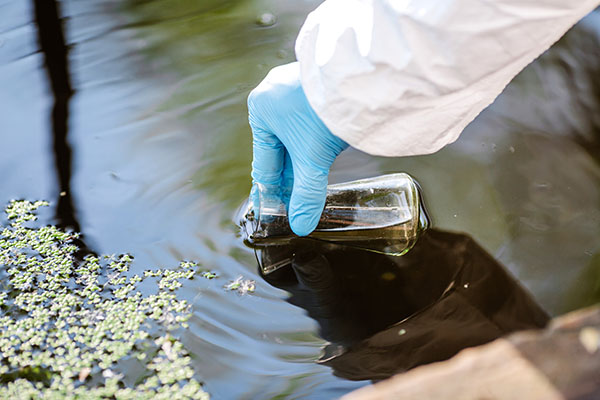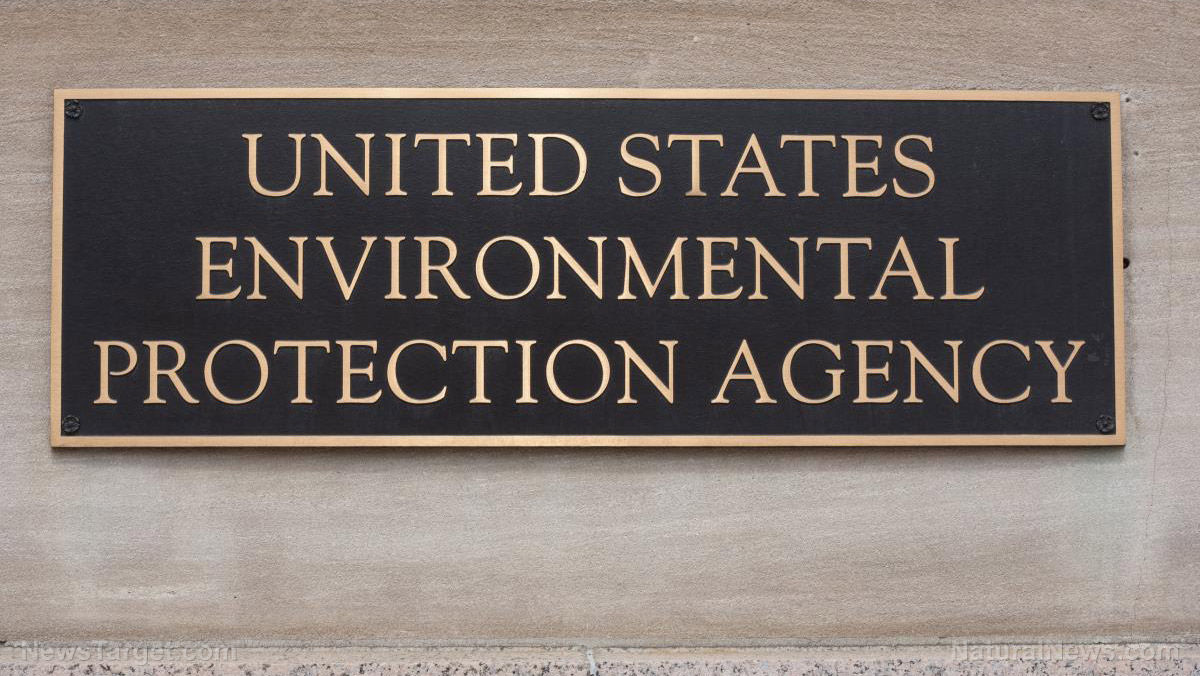A North Carolina community is battling for CLEAN AIR after toxic gases from nearby factory farms seep into their homes
04/02/2025 / By Lance D Johnson

In the heart of North Carolina, where the scent of hog farms hangs heavy in the air, residents of Duplin County are engaged in a fierce struggle against an invisible enemy. Toxic gases and manure particles from industrial animal farms are seeping into their homes, leaving a trail of pollution and health hazards in their wake. This community, nestled amidst a hot spot of hog production, is fighting back with the help of researchers to expose the extent of the contamination and demand justice.
A community under siege
- Unregulated Pollution: The federal government does not regulate air pollution from industrial hog and poultry operations, allowing manure particles and toxic gases to permeate nearby communities.
- Health Risks: The pollution, which includes dangerous pathogens and antimicrobial-resistant bacteria, poses significant health risks, including respiratory problems, asthma, lung disorders, and mood disorders.
- Community Impact: Disproportionately affecting low-income people of color, the pollution has become a daily reality for residents who describe the odor as “so horrific that it immediately makes you want to gag.”
Devon Hall Sr., executive director of the Rural Empowerment Association for Community Help, lives within three miles of 30 factory farms. He recounts the pervasive stench and the community’s frustration with local authorities who have historically dismissed their concerns. “When we’re telling the powers that be how bad it is sometimes, that our eyes are watering, our nose is running, and we’re coughing, sometimes we hear, ‘oh, it can’t be that bad,'” Hall says.
A Tool for Justice
Determined to prove the extent of the pollution, the community has partnered with researchers from Johns Hopkins University to develop a groundbreaking tool. This tool, known as Pig-2-Bac, identifies a specific segment of bacterial DNA found only in the gut of swine. By analyzing dust samples collected from homes, the tool can trace the pollution back to nearby factory farms.
- Research Collaboration: Residents collected over 1,400 samples from nearly 300 households, swabbing dust from air conditioning units, roofs, porches, and household items. The samples were analyzed for the pig-specific genetic sequence, revealing widespread contamination.
- Evidence of Contamination: The study found that homes near larger and more numerous pig farms were more heavily contaminated, providing strong evidence linking the pollution to the swine operations.
- Legal Implications: The tool’s ability to reliably demonstrate the source of pollution is crucial for communities seeking legal recourse. It has already been used in a landmark nuisance lawsuit against Smithfield, the world’s largest pork producer, where it helped plaintiffs prove that their homes were inundated with pig waste.
The fight for clean air
The battle for clean air extends beyond the courtroom. As communities gain ground, states have responded by strengthening “right-to-farm” laws, making it harder for residents to file nuisance lawsuits against industrial farms. North Carolina and Iowa have led the charge, effectively barring many legal challenges.
- Policy Challenges: The EPA’s new federal rules under the Clean Air Act aim to control emissions from animal agriculture, including hydrogen sulfide, ammonia, and particulate matter. However, the agency’s history of delays and the Trump administration’s efforts to roll back environmental protections threaten to undermine these efforts.
- Community Monitoring: Local nonprofits like CleanAIRE North Carolina have stepped in, installing real-time air monitors to track pollution. These monitors provide crucial data, highlighting the disproportionate impact on rural, low-income communities of color.
- Data Accessibility: The Trump administration’s removal of air pollution data from federal websites further complicates the fight for transparency. Advocates like Daisha Wall emphasize the need for data accessibility, stating, “More than ever right now we need the federal government to prioritize data transparency and accessibility.”
The struggle in Duplin County is emblematic of a larger issue, where the rights of industrial agriculture often overshadow the health and well-being of neighboring communities. The question remains: will the voices of these residents be heard before the damage becomes irreversible? In the words of Hall, “We’re not going anywhere. We’re going to keep fighting because this is our home.” This sentiment echoes the timeless struggle for environmental justice, where the fight for clean air and a healthy community is a battle that knows no bounds.
Sources include:
Submit a correction >>
Tagged Under:
Air Monitors, air quality, citizen science, Clean Air Act, Community Advocacy, Community Science, data transparency, Duplin County, environmental justice, environmental law, environmental policy, environmental protection, EPA, Factory farms, health risks, legal action, North Carolina, Pig-2-Bac, Public Health, Right-to-Farm Laws, rural communities, Trump administration
This article may contain statements that reflect the opinion of the author
RECENT NEWS & ARTICLES
COPYRIGHT © 2017 POISON NEWS




















